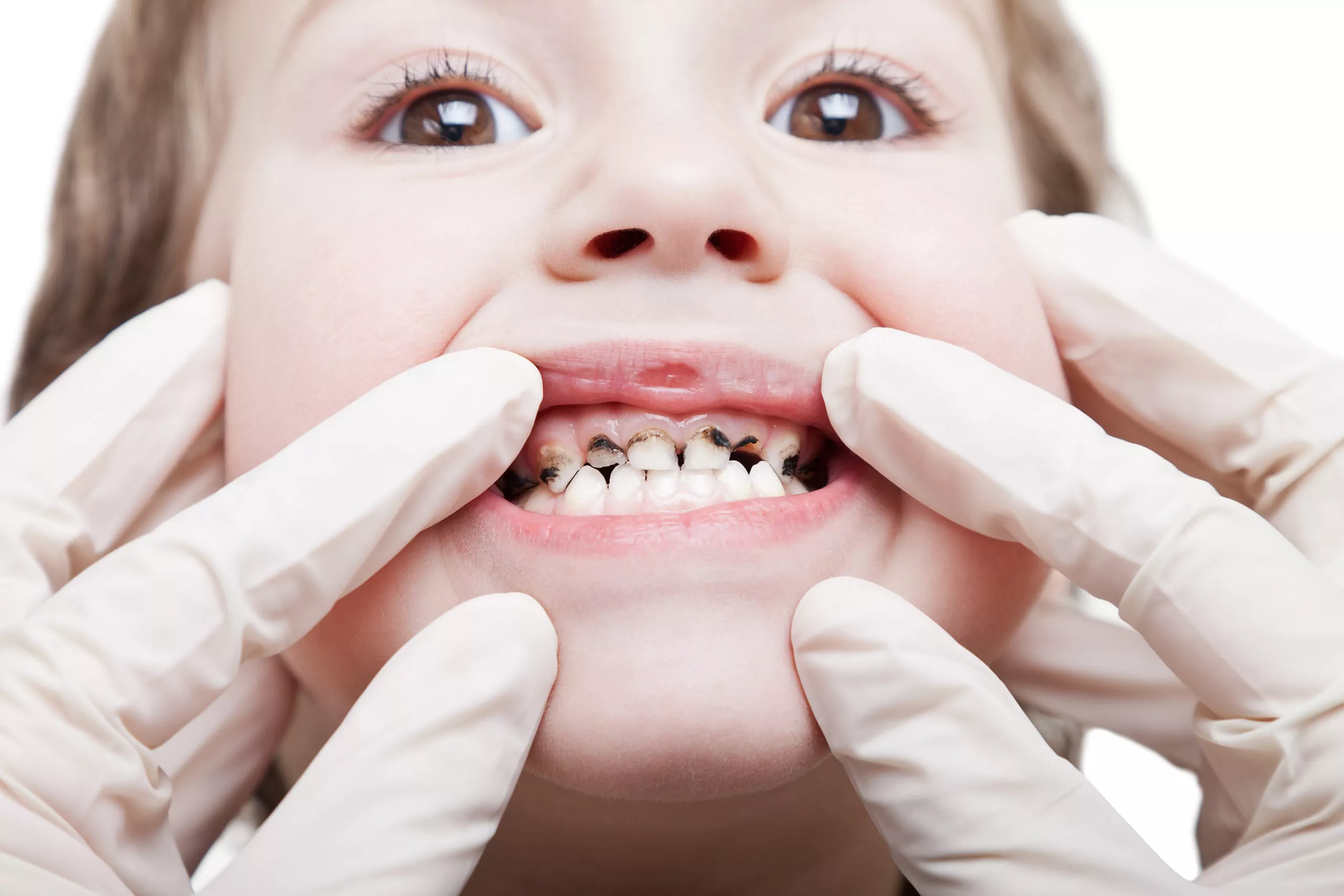9 Important Tips to Prevent Tooth Decay
Tooth decay is one of the most common dental problems in the United States. It’s caused by a combination of bacteria and plaque, which form on your teeth and gums and can cause severe damage if not removed regularly.
Brushing your teeth twice a day with fluoride toothpaste is the best way to prevent tooth decay, but it’s not the only thing you can do. Here are nine essential tips to help keep your teeth healthy and free from pollution:

1. Brush Your Teeth Properly
Brush your teeth twice a day for two minutes with fluoride toothpaste to prevent plaque and other substances from the coating and to damaging your teeth.
Use an electric or manual toothbrush, whichever you prefer: make sure you brush both the outside and inside of all of your teeth as well as your tongue. Make circular motions when brushing; this helps remove plaque more effectively than up-and-down strokes.
2. Floss at Least Once a Day
Flossing is perhaps even more critical than cleaning between the spaces in your teeth because it removes food that remains on your teeth after brushing.
The bacteria that cause cavities feed on leftover particles of food and can stick to teeth very quickly — so flossing is essential if you want to prevent tooth decay.
3. Reduce Sugary Snacks and Beverages
When sugars are left on teeth for an extended period, they can cause cavities. It’s important to use dental floss or a toothpick to remove any food that might get stuck between your teeth after eating sugary food or drinking soda, fruit juice, sports drinks, sweet tea, coffee, or other sugar-loaded beverages.
Limit the number of snacks you have throughout the day, and try rinsing with water after each snack to reduce cavity risk.
4. Schedule Regular Checkups With Your Dentist
Regular checkups with your dentist can help them identify problems early on when they’re easier to treat. Routine oral exams and cleanings will also remove plaque and tartar before they cause irreversible damage to your teeth and gums.
If you have tooth decay, cavities, or gum disease, oral surgery may be needed as a treatment option; it is most often performed by oral surgeons who specialize in treating the mouth, jaw, and facial regions.
5. Quit Smoking
Smoking weakens your teeth, makes them more susceptible to tooth decay, and can lead to gum disease. It also reduces overall health, including lowering your immune system and increasing the risk of heart problems, so oral health is not the only reason you need to quit smoking!
If you’re struggling with an addiction to cigarettes or find it difficult to stop cold turkey, consider speaking with a doctor about programs that can help you kick this bad habit for good.
6. Eat More Veggies
Vegetables are great for your body because they contain nutrients like calcium, iron, vitamin A and vitamin C. Studies show that eating veggies give teeth added protection against cavities because of the vegetables’ ability to prevent plaque from sticking to teeth.
So make sure you eat plenty of healthy vegetables like broccoli, spinach, and kale to keep your mouth as healthy as the rest of you!
7. Avoid Mouthwashes With Alcohol
Alcohol-based mouthwashes can dry out your mouth and reduce saliva production — two things that lead to tooth decay. They’re also bad for your gums because they reduce blood circulation, making it harder for them to repair any damage caused by bacteria or plaque.
Make sure you only use alcohol-free mouthwash if you need one; otherwise, stick with water and baking soda (which is also great at killing bacteria) until your trip to the dentist so that they can recommend something better suited to your oral health.
8. Have a Glass of Milk Instead of Water
Milk is full of bone-healthy calcium, so drinking milk can help give your teeth added protection against tooth decay.
You can also try rinsing with milk or chewing on some cheese after eating something sugary to get rid of cavity-causing bacteria and neutralize acidity in your mouth.
However, be careful if you’re lactose intolerant because dairy may cause stomach pain and gas symptoms!
9. Limit Snacking Between Meals
Snacks are great when they’re fruit or veggies, but when it comes to sweets or chips, try to avoid them until after meals so that bacteria doesn’t have continuous access to sugar between meals.
Also, try not drinking anything other than water for at least 30 minutes after eating since saliva helps wash away acids in the mouth caused by food breakdown — this is especially true when you’re eating a sugary snack. And don’t forget to replace your toothbrush!
Following these nine tips can help you prevent tooth decay and keep your smile healthy and sparkling. Remember to brush at least twice a day, floss once a day, avoid sugary snacks and drinks, and visit the dentist regularly for checkups!














